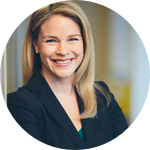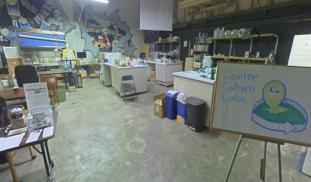Please wait...
About This Project
Counter Culture Labs
A team of biohackers is developing the first open source protocol to produce insulin simply and economically. Our work may serve as a basis for generic production of this life-saving drug and provide a firmer foundation for continued research into improved versions of insulin.
See also:

Browse Other Projects on Experiment
Related Projects
Disrupting cancer cell signaling through drug discovery
Most cancer-related deaths are caused by metastasis, the spread of cancer cells to distant tissues. This...
CaniSense– AI-powered blood test for early cancer detection in dogs
Cancer is the leading cause of death in dogs, yet no reliable methods for early screening exist. At testblu...
Shutting down cancer’s recycling system with exosome-based therapy
Pancreatic cancer is one of the deadliest cancers because its cells survive by recycling their own components...




